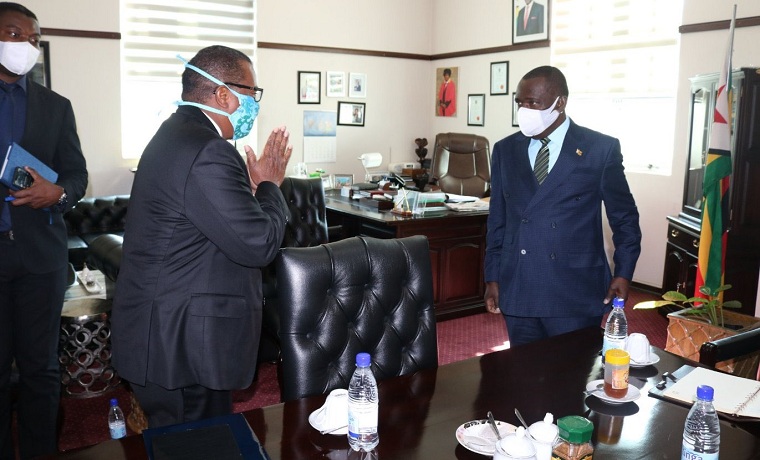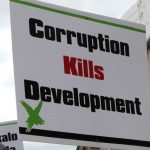The State media repeatedly said Dell was deployed to Zimbabwe to remove then President Robert Mugabe. Dell seemed to confirm this in the cable he authored just before leaving Zimbabwe when he said that the only reason why Mugabe had survived was that he was “more clever and more ruthless than any other politician in Zimbabwe”.
He was so disillusioned with the opposition that he said that apart from Tendai Biti and Nelson Chamisa, talent was thin.
“Zimbabwe’s opposition is far from ideal and I leave convinced that had we had different partners we could have achieved more already. But you have to play the hand you’re dealt,” Dell said.
Mugabe was still in power a decade later and was only removed by his own lieutenants because he had betrayed the liberation struggle.
Like Dell, Nichols came to Zimbabwe at a crucial time when there was high expectation that the elections of July 2018 would bring a change of government. Everyone agreed that the elections were among the freest in Zimbabwe but that was until the results came out.
Though Mnangagwa’s administration wanted re-engagement with the international community, Nichols was soon accused of going a little too far in meddling in the internal affairs of Zimbabwe and pushing the cause of the opposition.
His behavior upset the Zimbabwean government so much that the usually cool Foreign Affairs Minister Sibusiso Moyo, wrote on 30 October 2019 that the Vienna Convention ,which sets out diplomatic etiquette, “does not permit Embassies to conduct themselves like opposition citadels, pre-occupying themselves with the constant casting of aspersions, innuendo and even insults at the Host Government”.
Nichols had just rubbished anti-sanctions demonstrations held on 25 October, a day set aside by the Southern African Development Community as anti-sanctions day, saying Zimbabwe’s problems were not due to sanctions but to corruption, economic mismanagement and lack of respect for human rights.
“Zimbabwe loses more than US$1 billion per year to corruption. That’s huge compared to the size of Zimbabwe’s entire economy – around US$26 billion. The government says fighting corruption is a priority but have government and government-connected perpetrators been held accountable? No,” Nichols said.
Continued next page
(258 VIEWS)
This article contains new, firsthand information uncovered by its reporter(s). This includes directly interviewing sources and research / analysis of primary source documents.Civil: Credibility Indicators
Original Reporting


